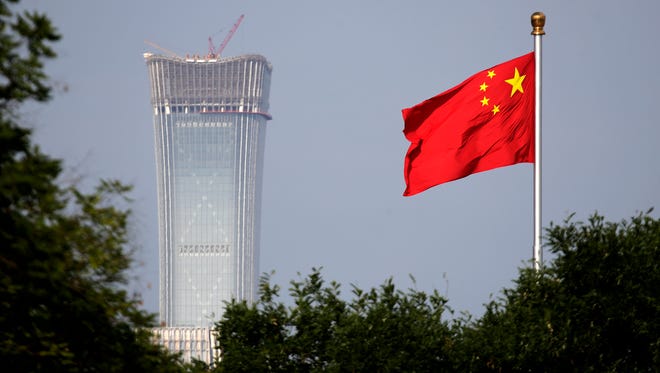China halts phosphate exports

China is banning the export of phosphate, a major component of commercial fertilizer, through 2022.
“Fertilizer prices have increased dramatically in recent years, and the news coming from China will more than likely help this trend continue,” said Theresa Sisung, field crops specialist for the Michigan Farm Bureau. “Farmers should talk to their retailers sooner rather than later to discuss their options for purchasing fertilizer for their 2022 crop needs.”
According to John Ezinga, vice president of agronomy at Michigan Agricultural Commodities Inc., the move will adversely affect prices.
“Growers are going to feel it,” Ezinga said. “Look at your ratios on corn: N, P, K. It’s way out of whack right now.”
Prices of urea, DAP, MAP, and potash averaged $572, $702, $776, and $598 per ton last week, all of which are up 59% or more from 2020.
Ezinga said China last cut supply to this degree in 2008, when the country hosted the Olympics. Then, China reacted to a demand-driven market. Today, with the winter Olympics approaching in 2022, he said the market has changed but the problems haven’t.
“We're in a trade war,” Ezinga said. “You've got a supply-restricted market today. Ten to 12 years ago, you had a demand-led market with some supply constraints. Logistics is a mess, but I feel pretty comfortable that we're going to have the supply in the U.S. It's just — at what price?”
Early reports indicate China is restricting fertilizer exports to assure domestic supplies and take advantage of increased raw material prices.
As far as when the skyrocket fertilizer price trend bucks, Ezinga said there’s no timeline.
“It's going to turn when it turns,” Ezinga added. “And when it turns, it’s going to be ugly because there's going to be a bunch of people who own a bunch of high-priced product, and then the supply constraints will get lifted, and everybody's going to pay in excess. I think these prices remain out of whack through spring.”